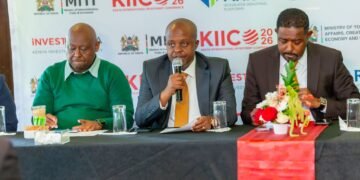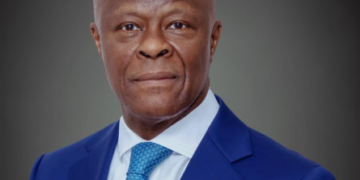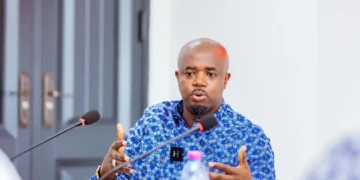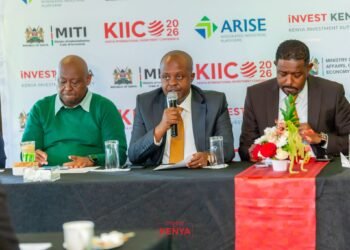South Africa President Cyril Ramaphosa will honour Steve Biko at the 19th annual Steve Biko memorial lecture in commemoration of the 41st anniversary of the Black Consciousness leader’s death in police custody.
The founder and executive trustee of the Steve Biko Foundation, Nkosinathi Biko and the Principal and Vice-Chancellor of Unisa, Professor Mandla Makhanya announced on Tuesday, September 4, that the lecture will be held at the ZK Matthews Great Hall at Unisa’s Muckleneuk Campus in Pretoria
“As the Foundation marks 20 years of its existence, and in line with our institutional tradition of heads of state delivering the Lecture to mark significant milestones, President Ramaphosa will explore the importance of guiding the national and international transformation through self-reliance and personal commitment”, Biko said.
Steve Biko was murdered at the Pretoria Central Prison on September 12, 1977 but the lecture will hold two days later, that is the 14th of September to coincide with the 20th anniversary of the Steve Biko Foundation, at the ZK Matthews Great Hall at Unisa’s Muckleneuk Campus in Pretoria.
President Ramaphosa was a member of the South African Students Organisation (SASO), which Biko was its founding president and also a member of the Students’ Christian Movement (SCM) and the Black People’s Convention (BPC).
President Ramaphosa was a student at the University of the North (Turfloop) – one of the heartlands of the Black Consciousness Movement in the 1970’s – where he studied for a B Proc degree. He joined the South African Students Organization (SASO) in 1972 and was one of the organisers of the pro-Frelimo rally at Turfloop in 1974.
Consequently detained for 11 months under section 6 of the Terrorism Act for his activism, and after graduating with a degree in law, Ramaphosa continued his political activism through the Black People’s Convention (BPC), holding posts on various committees.
In 1981 Ramaphosa joined the black consciousness-oriented Council of Unions of South Africa (CUSA) as an advisor in the legal department. He later led the formation of the National Union of Mineworkers (NUM).





























































